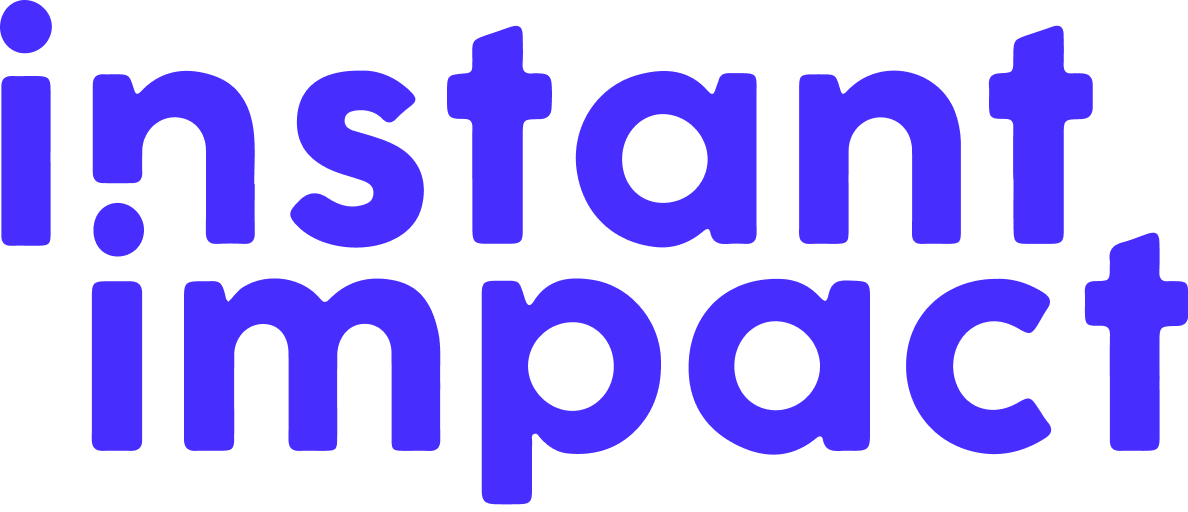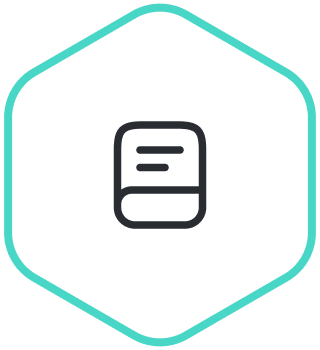A massive focus for many organisations over the next year is hiring more diverse talent. As, not only is having a diverse team the right thing to do, but it’s also becoming increasingly apparent that more diverse teams are linked to higher performance.
McKinsey’s Diversity Wins: How Inclusion Matters research found that companies in the top quartile for gender diversity financially outperformed those in the bottom quartile by 25%. This is even starker regarding ethnic diversity, with the top quartile outperforming the bottom by 36%.
At Instant Impact, we believe that the best place to improve your diversity hiring is in early career recruitment. Keep reading to find out why and how to get diverse early career hiring right.
Why should you focus on diversity hiring in early career recruitment?
Early career recruitment is the area where you can make the most significant change.
There are countless strategies for hiring diverse talent at a senior level. But you’ll likely have a limited pool of candidates with the skillset you’re seeking. In early career hiring, you’re not as restricted as you can hire on trainable potential rather than tightly defined skills and experience.
If you can get your early career hiring right, you can create a pipeline for top-performing, diverse leaders in your business.
Download our checklist on how to build a diverse leadership team!
How to get diverse early career hiring right
Here are three key questions you should be asking about your early career hiring to ensure it’s set up to hire diverse talent:
1. Is your attraction strategy broad enough?
A common trap companies fall into is having a decent volume of applicants apply for their early career vacancies and programmes. And, because of the significant interest, assuming they’re advertising their opportunities broadly enough.
While posting on your company website, LinkedIn and at a few key universities or schools may be sufficient to make the hires you want, it’s not necessarily going to get you the diverse candidates you’re looking for.
If your priority is to attract new and diverse talent, you can’t keep using the same channels you always have. Candidates that haven’t traditionally found your company or industry won’t start unless you go to them.
Audit your attraction channels. Think about where you can start finding candidates that don’t know what you do. It could be a new job board or a social media campaign with different targets. There are countless different approaches.
Ensuring you have diverse talent coming into the top of your applicant funnel should be your main priority.
2. Are you assessing the right things?
Now that you have diverse talent in your applicant funnel, it’s crucial that you assess the right things to predict future potential in the role. Rather than simply measuring who currently has the most developed experience.
Start by analysing your entire recruitment process, questioning what is most important at each stage and if there’s a better way to obtain that information to eliminate any potential bias.
Some examples of this:
- Is a CV or experience statement the best way for a candidate to apply when work sample questions have been proved to be a stronger predictor of performance (Schmidt/Hunter 1998, 2016)?
- Are you using traditional numerical/verbal reasoning tests that can be prepared for by candidates in the know? Could this be replaced or modernised with a cognitive or behavioural test?
- Are elements such as wowing with presentation skills and speaking up in group tasks reflective of skills required for the role? If not, could this unnecessarily hinder your ability to hire neurodiverse candidates by overly indexing them?
3. Are your interviewers and assessors suitably trained?
Having diverse candidates in your applicant funnel and an optimised hiring process is great. But it could all go to waste if those conducting late-stage interviews or assessing tasks aren’t adequately trained. It often happens that members in your organisation brought in for early career interviews don’t have the background information about your diverse hiring practices.
In the words of Simon Sinek: “start with why.” It’s essential to educate your assessing team on what you’re trying to achieve with diverse hiring and why the process might differ from what they encountered when they started their careers.
Ensure any scorecards used are clear on what and how elements should be scored to avoid objectivity which could lead to unconscious bias creeping in. Check whether the team has had unconscious bias training at any point and whether a full training session or just a reminder on a couple of points pertinent to early career recruitment would be helpful.




